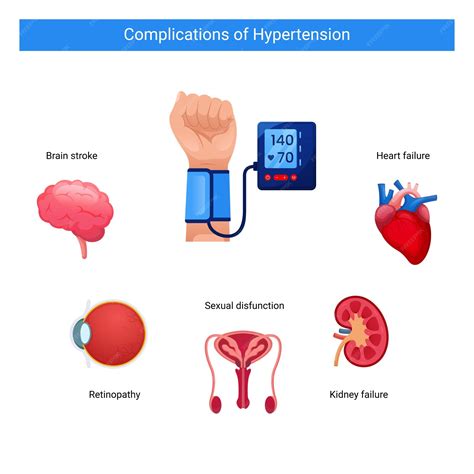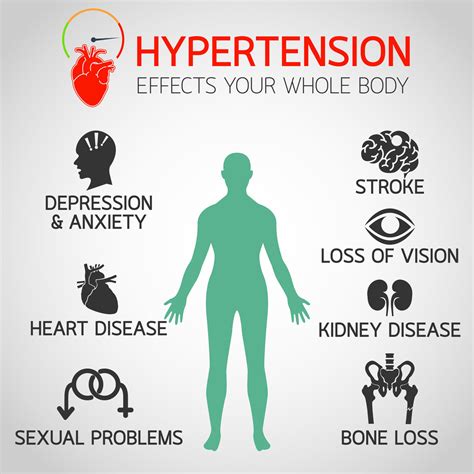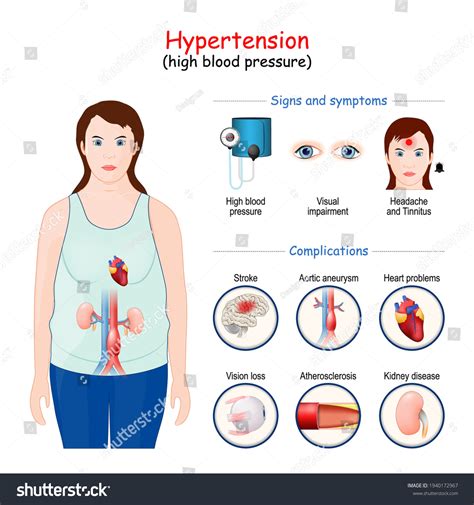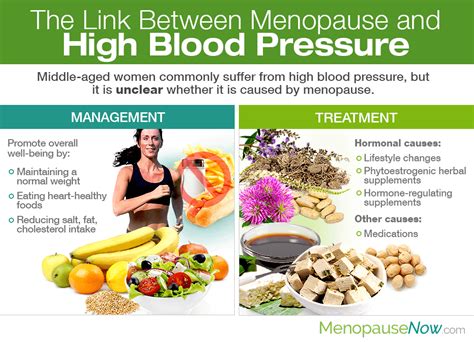Intro
Discover the often-overlooked signs of hypertension in women, a leading cause of heart disease and stroke. Learn to recognize the subtle symptoms, such as fatigue, headaches, and anxiety, and understand the unique risk factors and warning signs that affect womens cardiovascular health.
Hypertension, also known as high blood pressure, is a serious health condition that affects millions of people worldwide, including women. According to the American Heart Association, nearly half of all adults in the United States have high blood pressure, and women are just as likely as men to develop the condition. However, hypertension in women can be particularly problematic due to various factors, including hormonal fluctuations, pregnancy, and menopause.
High blood pressure is often referred to as a "silent killer" because it can cause damage to the body without any noticeable symptoms. However, there are some warning signs that women can look out for to detect hypertension early on. In this article, we will discuss the symptoms and warning signs of hypertension in women, as well as the risk factors, diagnosis, and treatment options.

What is Hypertension in Women?
Hypertension in women is a condition where the blood pressure in the arteries is consistently too high. Blood pressure is measured in millimeters of mercury (mmHg) and is expressed as two numbers: systolic pressure (the top number) and diastolic pressure (the bottom number). A normal blood pressure reading is typically around 120/80 mmHg. However, blood pressure can fluctuate throughout the day, and a reading above 140/90 mmHg is generally considered high.
Risk Factors for Hypertension in Women
There are several risk factors that can increase a woman's likelihood of developing hypertension, including:
- Age: Blood pressure tends to rise with age, and women over 65 are more likely to develop hypertension.
- Family history: Women with a family history of hypertension are more likely to develop the condition.
- Obesity: Being overweight or obese can increase blood pressure.
- Physical inactivity: A sedentary lifestyle can contribute to high blood pressure.
- Smoking: Smoking is a significant risk factor for hypertension.
- Diet: A diet high in sodium and low in potassium can increase blood pressure.
- Stress: Chronic stress can contribute to high blood pressure.
- Sleep apnea: Women with sleep apnea are more likely to develop hypertension.
- Polycystic ovary syndrome (PCOS): Women with PCOS are at higher risk of developing hypertension.
Symptoms and Warning Signs of Hypertension in Women
As mentioned earlier, hypertension can be a silent killer, and many women may not experience any noticeable symptoms until the condition has progressed. However, there are some warning signs that women can look out for:
- Headaches: Frequent or severe headaches can be a sign of high blood pressure.
- Dizziness: Dizziness or lightheadedness can occur when blood pressure is too high.
- Nosebleeds: Nosebleeds can be a sign of high blood pressure.
- Fatigue: Women with hypertension may experience fatigue or weakness.
- Swelling: Swelling in the feet, ankles, or hands can be a sign of high blood pressure.
- Chest pain: Chest pain or shortness of breath can occur when high blood pressure affects the heart.

Diagnosis and Treatment of Hypertension in Women
Diagnosing hypertension typically involves a physical exam, medical history, and blood pressure readings. A healthcare provider may also perform additional tests, such as:
- Electrocardiogram (ECG or EKG)
- Echocardiogram
- Urine test
- Blood test
Treatment for hypertension in women typically involves lifestyle changes, such as:
- Dietary changes: Reducing sodium intake and increasing potassium-rich foods.
- Exercise: Regular physical activity, such as walking or swimming.
- Stress reduction: Practicing stress-reducing techniques, such as meditation or yoga.
- Weight loss: Losing weight if overweight or obese.
- Medication: In some cases, medication may be prescribed to lower blood pressure.
Complications of Untreated Hypertension in Women
Untreated hypertension can lead to serious complications, including:
- Heart disease: High blood pressure can cause damage to the heart, leading to heart failure or heart attack.
- Stroke: High blood pressure can increase the risk of stroke.
- Kidney disease: Untreated hypertension can damage the kidneys, leading to kidney disease.
- Vision loss: High blood pressure can cause damage to the blood vessels in the eyes, leading to vision loss.

Pregnancy and Hypertension in Women
Pregnancy can increase blood pressure in some women, and hypertension can pose a risk to both the mother and the baby. Women with hypertension during pregnancy are at higher risk of:
- Preeclampsia: A condition characterized by high blood pressure and damage to the kidneys and liver.
- Premature birth: High blood pressure can increase the risk of premature birth.
- Low birth weight: Hypertension can reduce blood flow to the placenta, leading to low birth weight.
Menopause and Hypertension in Women
Menopause can also increase blood pressure in some women, particularly those who experience hot flashes or night sweats. Hormonal fluctuations during menopause can lead to:
- Increased blood pressure: Decreasing estrogen levels can cause blood vessels to constrict, leading to high blood pressure.
- Sleep disturbances: Hot flashes and night sweats can disrupt sleep, leading to fatigue and increased blood pressure.

Conclusion
Hypertension in women is a serious health condition that requires attention and treatment. By understanding the symptoms, risk factors, and complications of hypertension, women can take steps to prevent and manage the condition. Regular check-ups with a healthcare provider, lifestyle changes, and medication (if necessary) can help women control their blood pressure and reduce the risk of complications.
We encourage you to share your thoughts and experiences with hypertension in the comments section below. If you have any questions or concerns, please don't hesitate to ask. Share this article with your loved ones to raise awareness about the importance of blood pressure management in women.
What is the normal blood pressure range for women?
+A normal blood pressure reading for women is typically around 120/80 mmHg.
Can hypertension be prevented?
+Yes, hypertension can be prevented or managed through lifestyle changes, such as dietary changes, regular exercise, stress reduction, and weight loss.
How often should women have their blood pressure checked?
+Women should have their blood pressure checked at least once a year, or more often if they have a history of hypertension or other risk factors.
